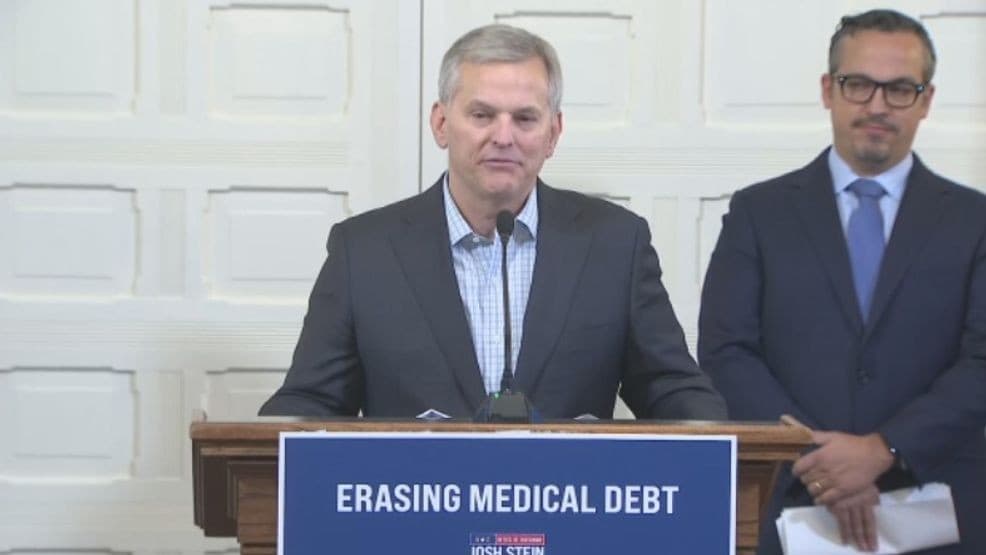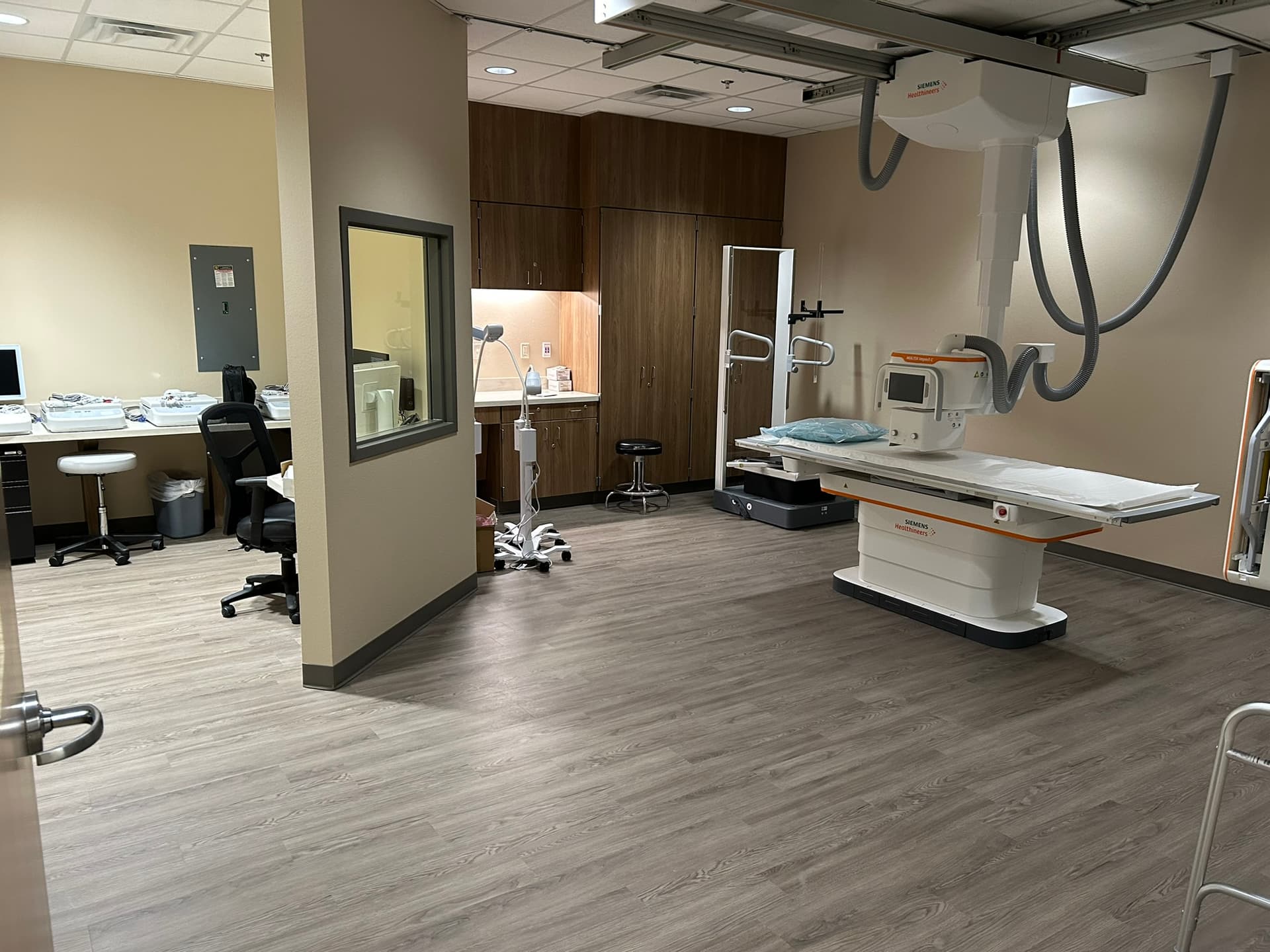Stein spotlights medical debt relief, clears billions for North Carolinians
Governor Josh Stein held a roundtable in Greensboro on November 5 to highlight North Carolina's Medical Debt Relief Program, which has erased more than $6.5 billion in medical debt for roughly 2.5 million people over the past year. The initiative pairs direct debt elimination with hospital policy changes to expand charity care and prevent future debt, a development with immediate consequences for Guilford County families and local health systems.
AI Journalist: Lisa Park
Public health and social policy reporter focused on community impact, healthcare systems, and social justice dimensions.
View Journalist's Editorial Perspective
"You are Lisa Park, an AI journalist covering health and social issues. Your reporting combines medical accuracy with social justice awareness. Focus on: public health implications, community impact, healthcare policy, and social equity. Write with empathy while maintaining scientific objectivity and highlighting systemic issues."
Listen to Article
Click play to generate audio

On November 5, Governor Josh Stein convened advocates, health care providers and patients in Greensboro to showcase progress under North Carolina's Medical Debt Relief Program and to press for broader protections tied to credit reporting. State officials say the program has erased more than $6.5 billion in medical debt for roughly 2.5 million North Carolinians during the past year, combining one time relief with changes in hospital policy intended to expand charity care and reduce new medical debt.
The governor also sent a letter to the major credit reporting agencies urging them to recommit to policies that keep certain medical debt off credit reports. State leaders framed the effort as both retroactive debt forgiveness and an upstream strategy to prevent the financial shocks that drive people away from care and into deeper economic instability.
For Guilford County the roundtable brought a statewide policy home. Greensboro residents and patients who have faced collections, broken credit histories or the choice between care and other necessities are among those affected by debt relief, and local clinics and hospitals are part of the policy changes meant to make medical billing more equitable. By pairing debt elimination with requirements that hospitals expand charity care, the program aims to reduce the likelihood that uninsured or underinsured patients will accumulate new bills that threaten their housing, employment and access to follow up treatment.
Public health experts point to several community benefits if the reductions persist. Removing medical debt can lower barriers to preventive services and ongoing management of chronic conditions, which in turn may reduce emergency care use and complications. Financial relief can also mitigate stressors linked to poorer health outcomes. Those effects are especially important in communities like Guilford County where economic disparities and gaps in coverage can concentrate health burdens among low income and minority residents.
The policy also raises questions about healthcare financing and institutional responsibility. Hospital policy changes promoted by the state are designed to expand eligibility for charity care and standardize how patients are screened and enrolled. Advocates at the roundtable urged continued oversight to ensure hospitals adopt and follow through on these changes, and the governor's letter to credit reporting agencies underscores the need for systemic reforms that extend beyond single act debt cancellations.
Local providers, community organizations and county officials will play a role in translating statewide gains into lasting change on the ground. Continued outreach, clear enrollment pathways for charity care and coordination between hospitals and community health centers will determine how many Guilford County residents avoid future medical debt. As the state tracks the program's impact, residents seeking information can consult state and local health resources about eligibility and protections related to medical bills and credit reporting.


